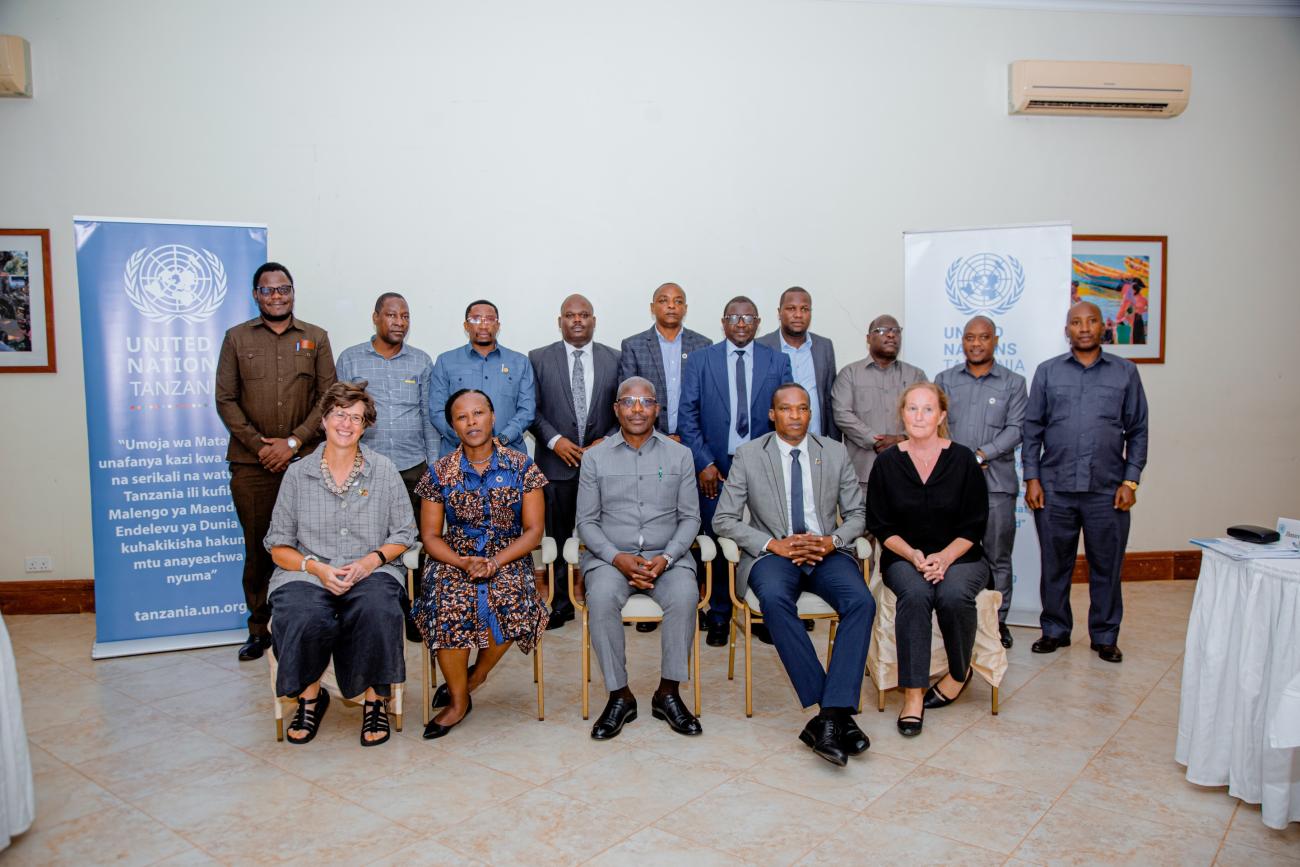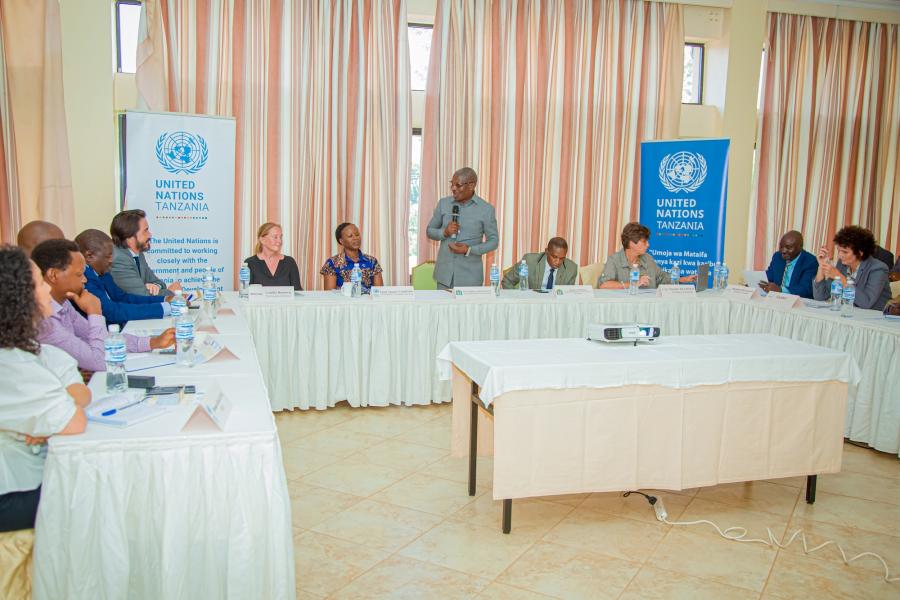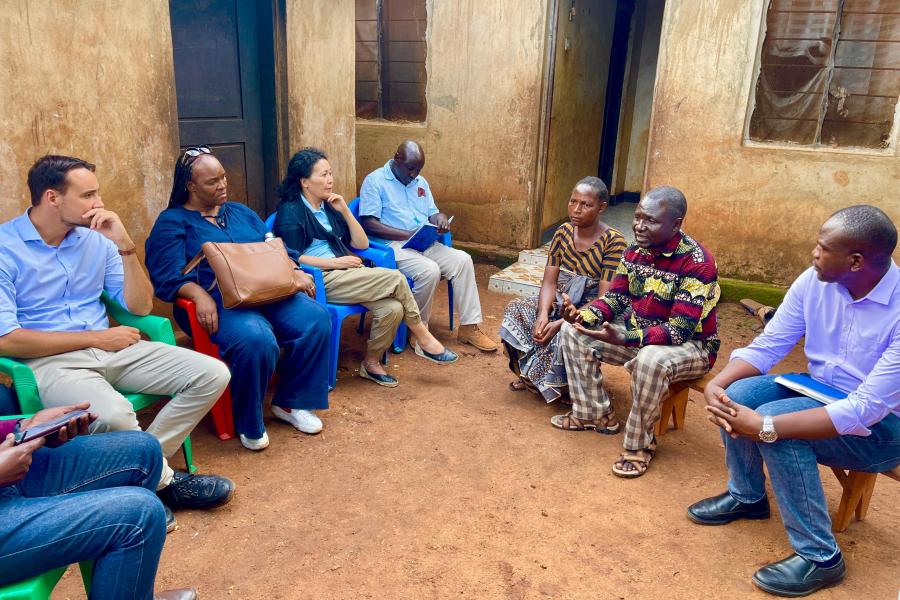Kigoma Joint Programme (KJP II): Steering Progress Towards Sustainable Development

.
In November 2024, the Kigoma Joint Programme (KJP) continued its transformative journey with a series of key engagements that showcased its dedication to addressing socio-economic challenges and promoting sustainable development in Kigoma. The activities included the Second Steering Committee Meeting of Phase II and a subsequent Field Visit to pivotal project sites across Kasulu and Kigoma Municipal Council.
Steering Committee Meeting:
The Steering Committee Meeting, held on 11th November 2024 at Lake Tanganyika Hotel, convened diverse stakeholders, including regional officials, UN agencies, development partners, and implementing organizations. Discussions centered on the progress of KJP initiatives, with Development Partners applauding the collaborative approach that integrates government priorities with community needs.

Key achievements highlighted included the successful expansion of clean energy access, reforestation efforts, vocational training for youth, and enhanced support for survivors of gender-based violence. Development partners emphasized the importance of sustaining an impact-driven focus, urging the timely execution of a mid-term review to fine-tune strategies and maximize results.
Steering Committee Joint Field Visit: Witnessing Change on the Ground
After the Steering Committee Meeting, the delegation conducted a two-day field visit (12–13 November) which offered participants a firsthand look at the impactful projects under the KJP. Delegates visited sites such as the Chaco Dam in Kasasa Village, which has transformed water accessibility for agriculture and domestic use, and the TFS Central Tree Nursery, a hub for reforestation efforts aimed at combating deforestation.

Another key highlight was the Police Gender and Children Desk in Kasulu, which has seen a significant increase in community trust and reporting of gender-based violence cases, showcasing strengthened systems of protection. Delegates also engaged with the FIT Family Initiative, a community-led care model providing temporary homes for vulnerable children.
The visits underscored the KJP's commitment to fostering community resilience, environmental sustainability, and socio-economic empowerment. From solar-powered water projects to vocational training for rehabilitated youth, the KJP exemplifies how collaborative efforts between governments, UN agencies, and local stakeholders can yield impactful, sustainable results.

The SCM and field visit demonstrated the importance of the KJP as a model for integrated development. Development Partners recommended enhancing monitoring frameworks, conducting comprehensive mid-term reviews, and expanding initiatives like the FIT Family programme. The KJP remains committed in its mission to serve as an inspiration of sustainable development, promoting inclusive growth for both host and refugee communities in Kigoma.


